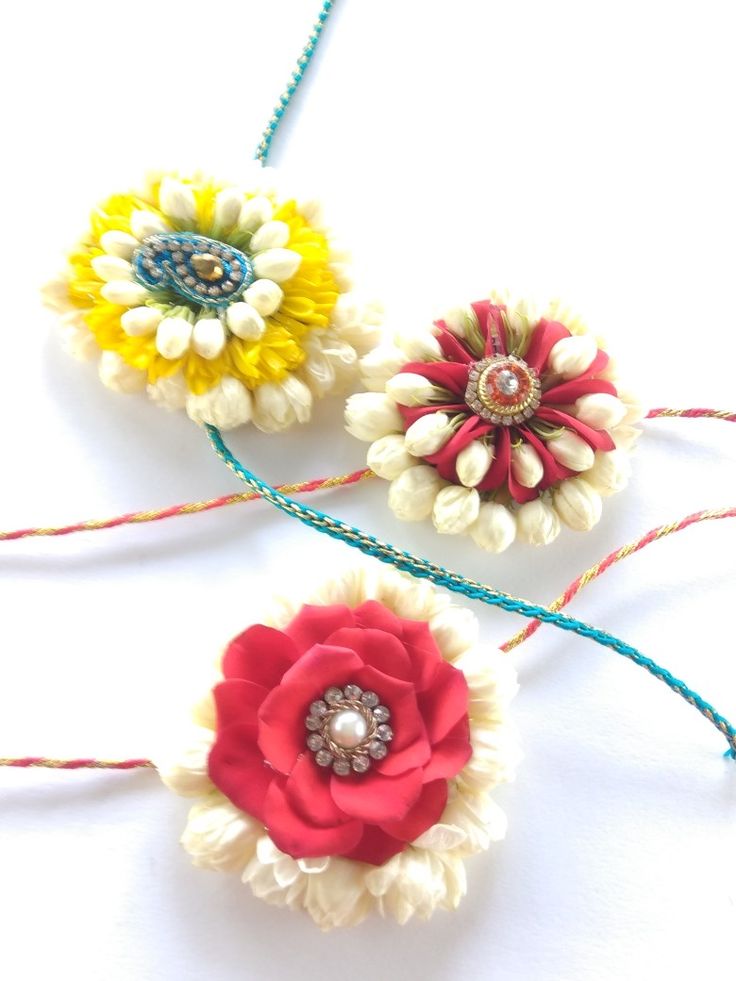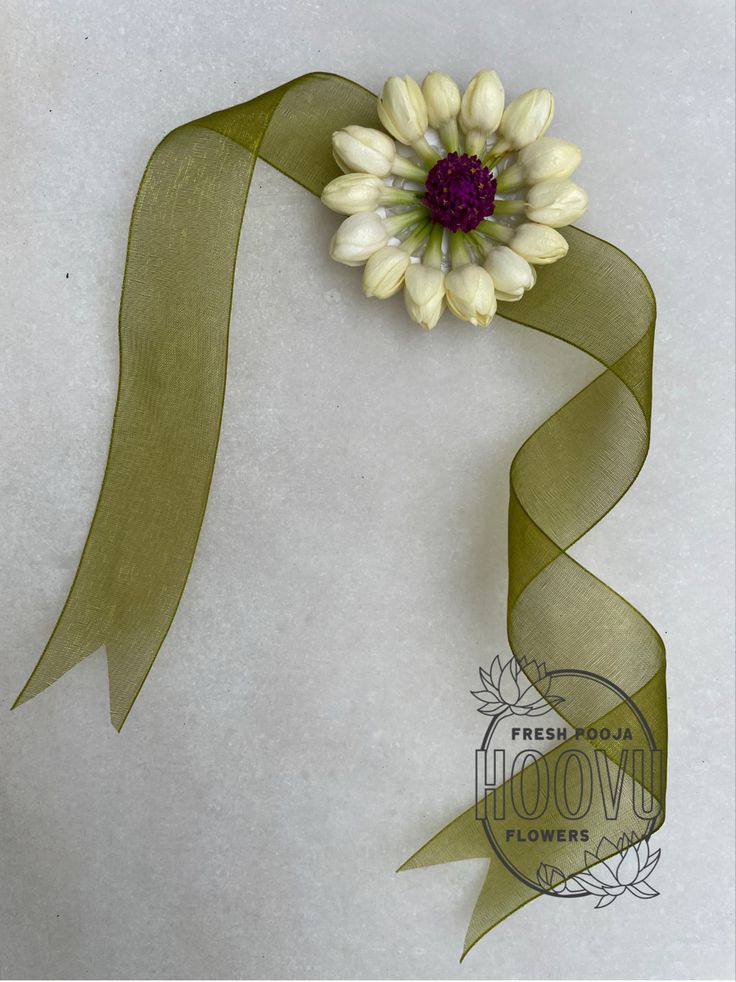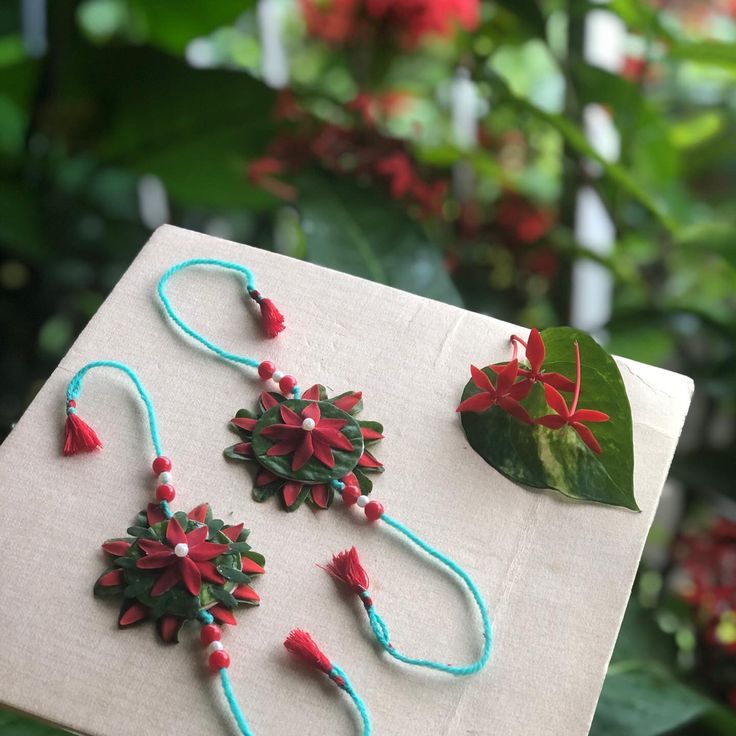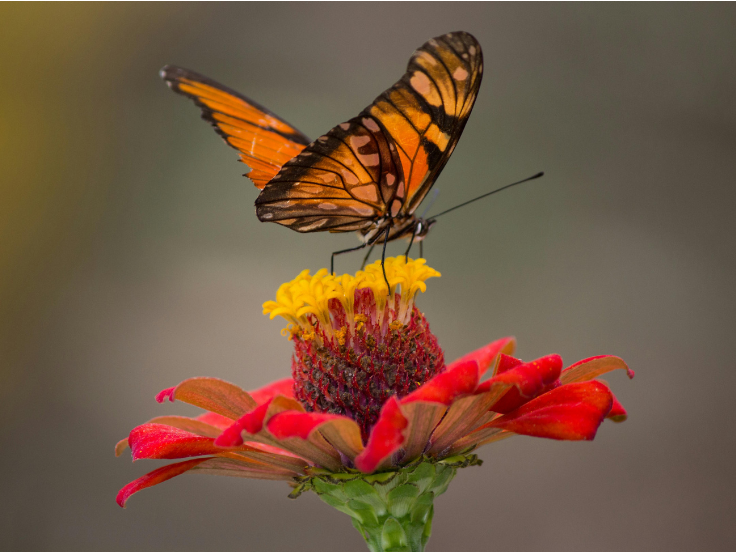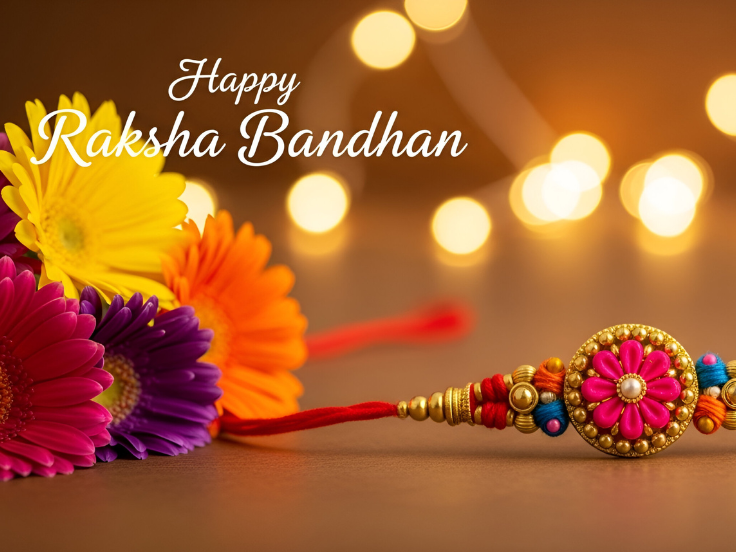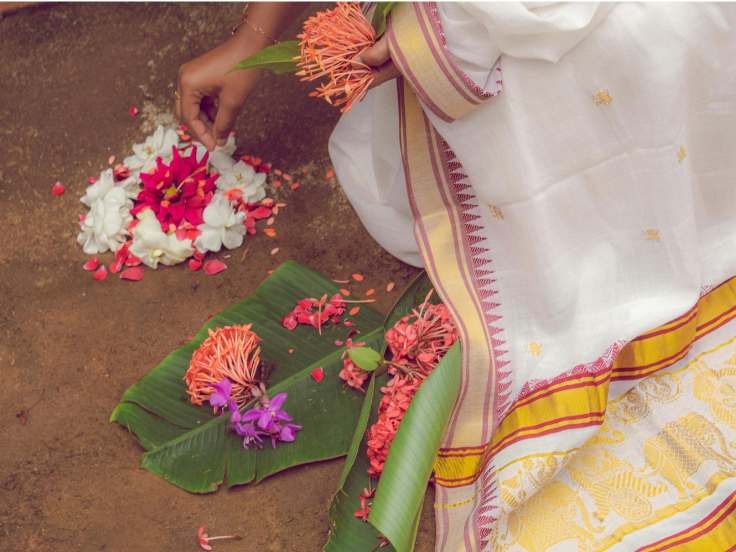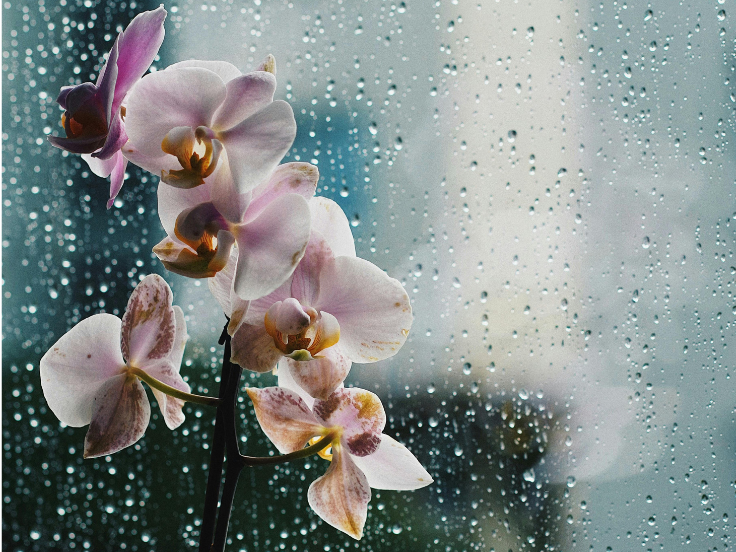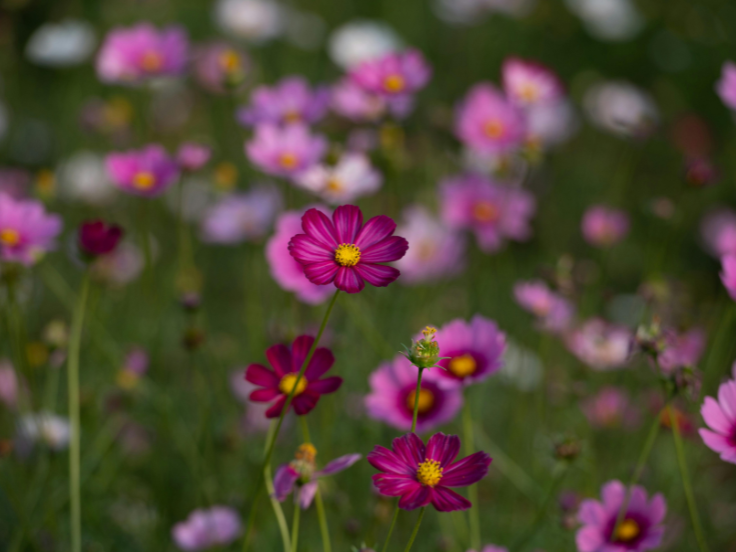
Significance of Indian Flower Rakhi: Connecting with Nature
Raksha Bandhan, also known as Rakhi, is a long-standing tradition in India that honors and celebrates the bond between sisters and brothers. A sister ties a thread around her brother’s wrist, symbolizing love and protection, to create a Rakhi. This holy thread has undergone changes throughout time from its traditional form, and Floral Rakhi is one beautiful variation of this.
The Flower Rakhi adds a new, organic dimension to the festival in a nation where spirituality, devotion, and tradition are closely associated with flowers. It’s well known that florals are visually appealing, and in addition to that, floral Rakhi is able to capture the natural world’s color and fragrance, elevating the festival’s spiritual importance.
Significance behind the Use of Flowers in Indian Traditions.
Indian traditions view flowers as symbols of purity and offer them as divine offerings. Most frequently used in ceremonies and celebrations are lotuses, jasmine, marigolds, and roses. Honoured as India’s national flower, the lotus represents rebirth, enlightenment, and purity. Adding these flowers to a Rakhi gives the basic thread a deeper, more symbolic significance.
For example, a lotus flower, Rakhi, might represent the purity of a sibling’s connection. A marigold Rakhi signifies prosperity and positive vibes, while a jasmine Rakhi evokes thoughts of love and beauty. Because of these organic components, the Rakhi may now transcend its protective symbolism and bring optimism, joy, and heavenly benefits to the sibling bond.
Sustainable and environmentally friendly.
Using florals in the Rakhi tradition offers an additional benefit: they serve as a sustainable alternative to plastic or synthetic-laden options, a trend that is increasingly becoming eco-friendly. Using florals for Rakhi contributes to this goal. In addition to being biodegradable, using florals for Rakhi also supports local florists and farmers who grow and sell the flowers.
After the celebrations end, you can compost the floral Rakhi or return it to nature. It’s a modern start towards enjoying these holidays in an eco-friendly and contemporary way.
Conclusion
The floral Rakhi blends together beauty, sustainability, and spirituality into one vibrant bundle. This interpretation of Raksha Bandhan, which is contemporary in nature, respects both the relationship between siblings and nature by employing floral symbolism. This year for Rakhi, consider purchasing a floral Rakhi to honor the bond between siblings and nature, while also promoting eco-friendliness.
Gulmahal has a good collection of flower rakhi to explore. Consider having floral rakhi this Raksha Bandhan.



